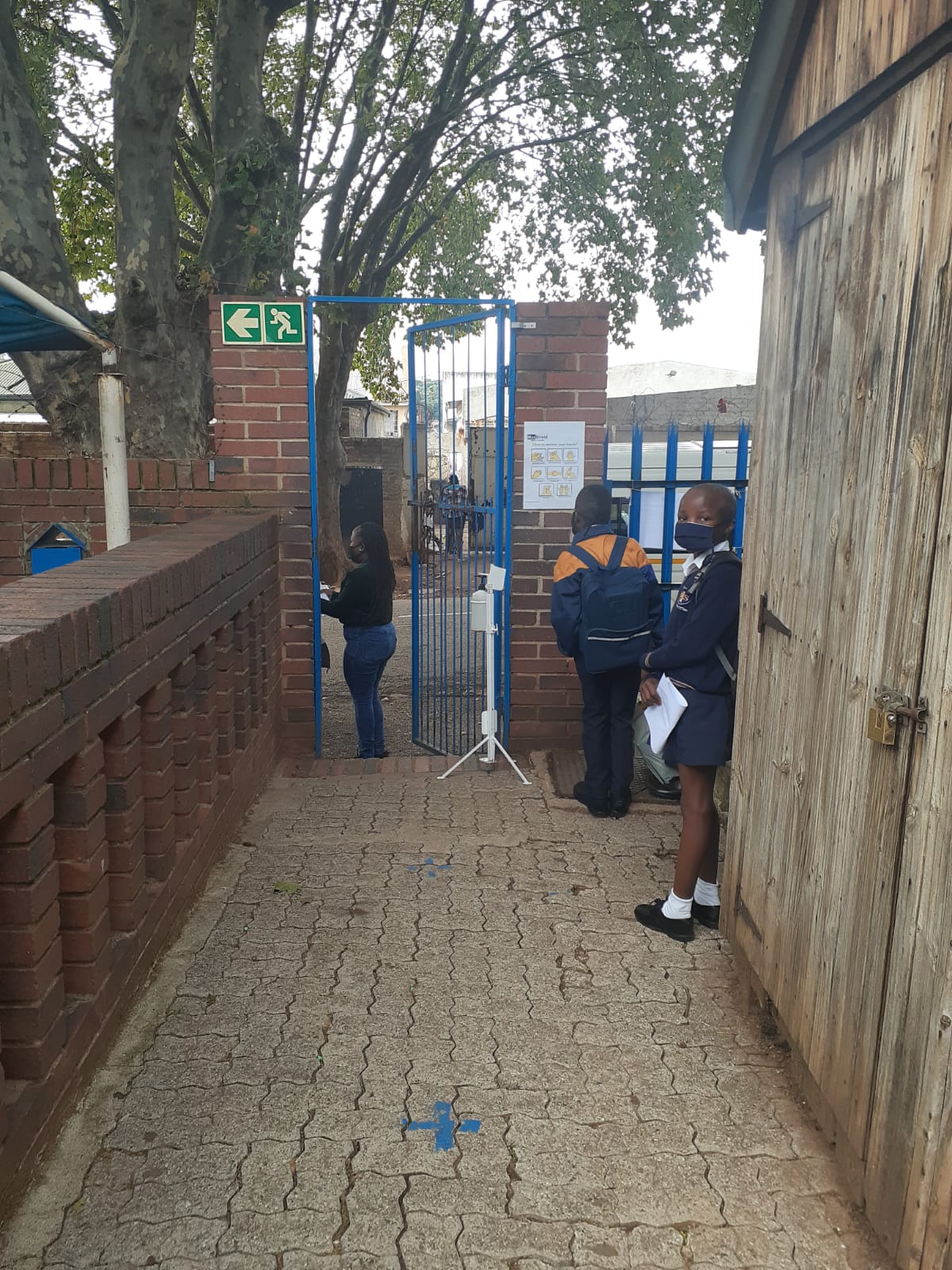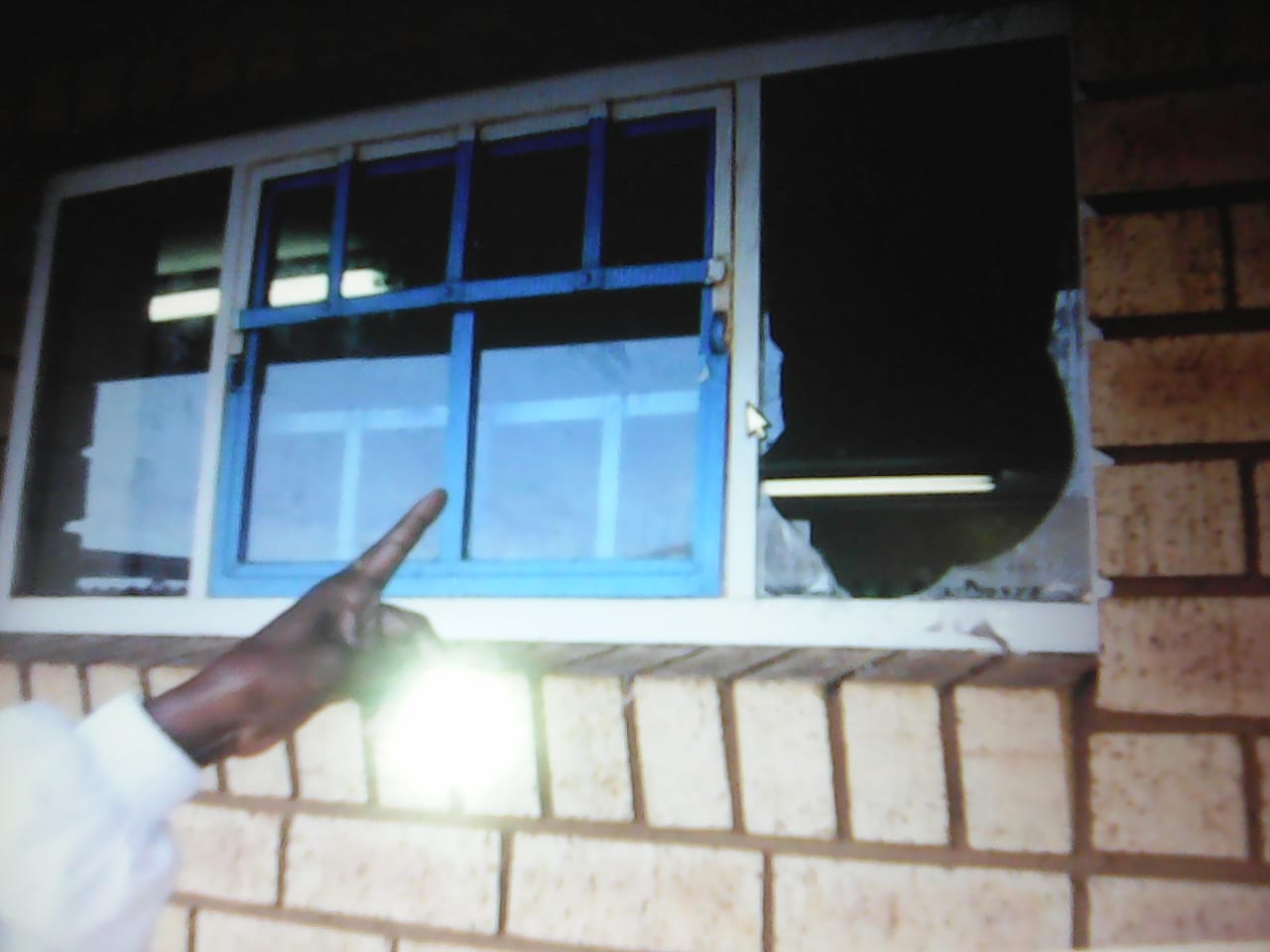There has been a deliberate blackout on what is happening in public schools. Ever since the South African government delayed the reopening of all schools for 2021 to 15 February, the silence surrounding the conditions and state of COVID-19 in public schools is deafening. Compared to last year there is even less information available about the conditions of public schools, even with fears of a ‘third wave’ on its way. Teachers, parents, and organisations are silent.
To try to break this information black out, Khanya College has monitored more than 30 schools in Gauteng on a daily basis since 15 February, from outside the school gates and some from within the premises depending on access from co-operative teachers and principals.
The daily monitoring, combined with a survey of stories in the media, has shown that most public schools are not ‘COVID-19 ready’ or even basically compliant with regular temperature screening, sanitisers and masks, access to soap, water and sanitation, and some don’t even have COVID-19 signage. Only some schools have youth brigades to assist teachers, while some have not been paid, and double up precariously as cleaners.
There still doesn’t seem to be a formally agreed procedure that is implemented when learners test positive for COVID-19 and school are under pressure not to disrupt the exams currently underway, despite insecurities from amongst some teachers.
COVID-19 continues to disrupt schooling. Some attend school every second day, others twice a week, others have morning and afternoon sessions. Even with this platoon system, some schools still accommodate 32 learners in a classroom. Pressure on teachers continues with the cuts in school days, and the impact on curriculum and education.
On the other side of the class divide, private schools continue to access both online and physical COVID-19 compliant-learning, with a minimal loss to the learning process and the learner. For public schools, these are not options and it is doubtful whether much effort has been spent by the state to bridge this divide. Mobilisation is needed for working class parents to be organised to take charge of their children’s education.
This editorial was written by the Karibu! Editorial Team on 17 April 2021. You may republish this article, so long as you credit the authors and Karibu! Online (www.Karibu.org.za), and do not change the text. Please include a link back to the original article.


 Download PDF
Download PDF
